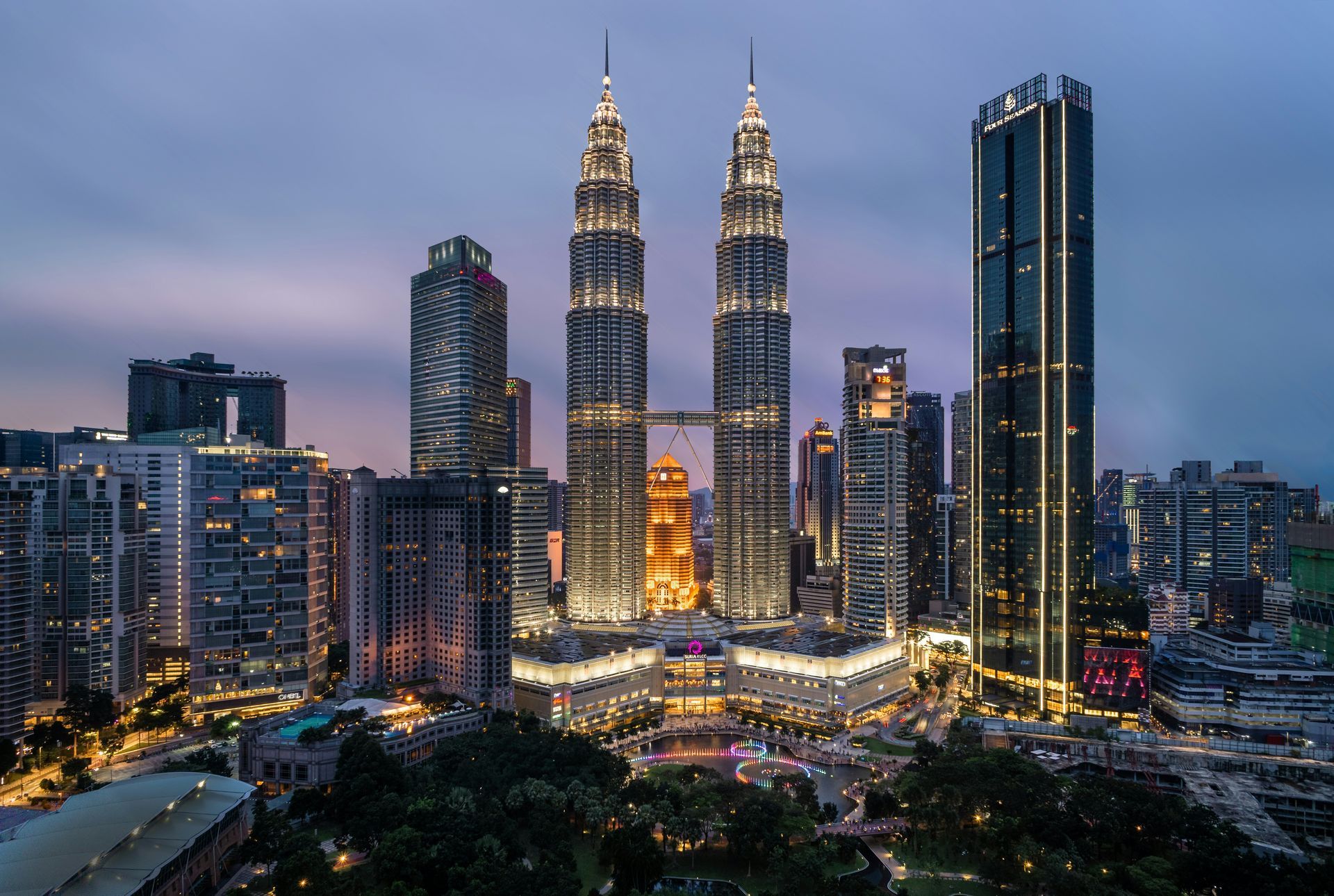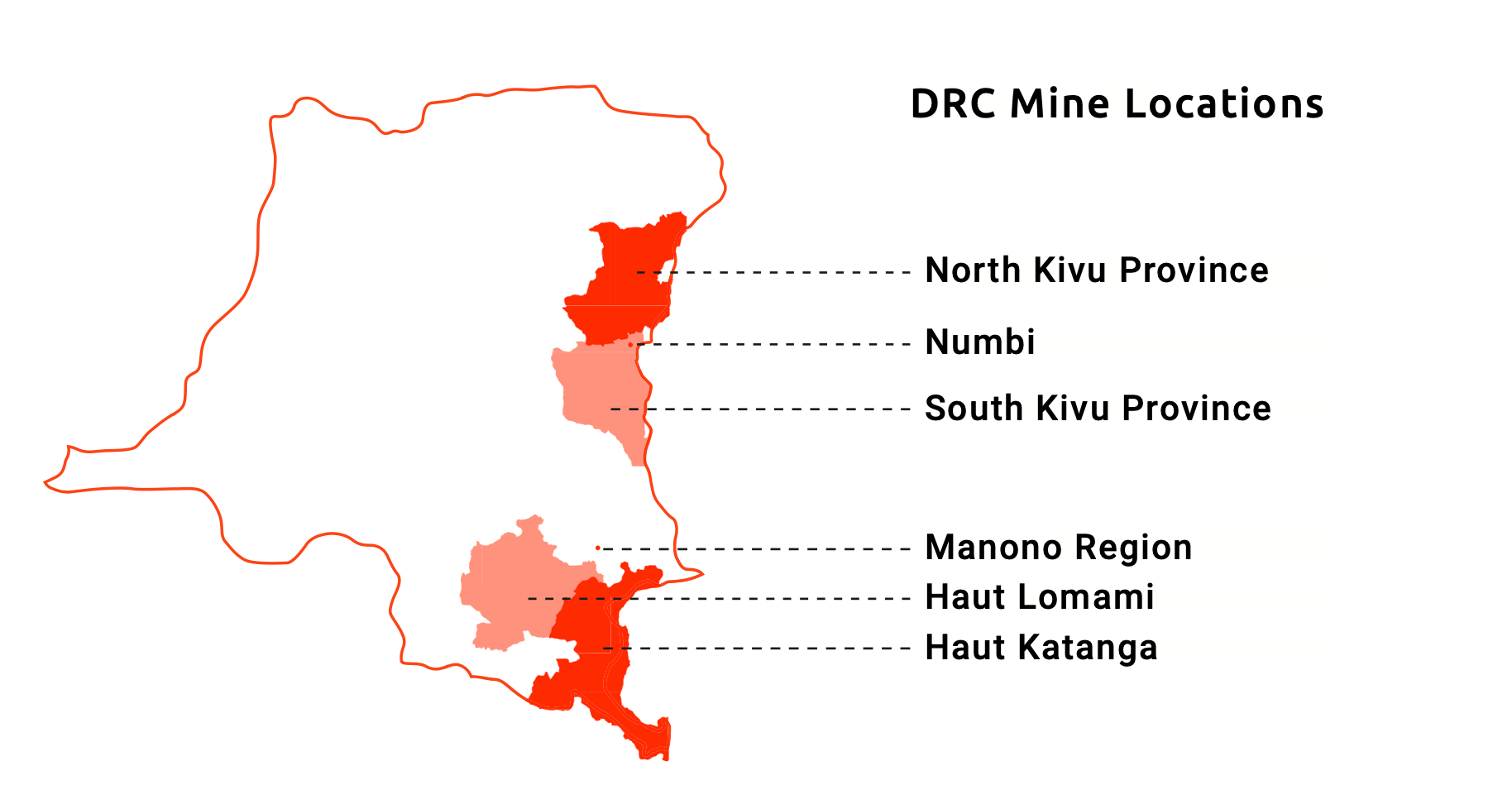Migrant workers & debt bondage in Malaysia’s EV battery supply chain
Malaysia has emerged as a hub for manufacturing key components of electric vehicle (EV) batteries – such as copper foils, battery separators, and other cell parts – serving major global battery makers.
Yet, a significant share of the workforce in Malaysia’s electronics and battery component factories are
migrant workers from countries like Nepal, Bangladesh, Indonesia, and Myanmar.

Industry leaders from South Korea, Japan, and China have set up facilities in Malaysia to produce battery materials.
For example, Lotte Energy Materials (formerly Iljin Materials) operates a large plant in Sarawak producing ultra-thin copper elecfoil for lithium-ion batteries, with Malaysia now accounting for 75% of its foil output.
Likewise, South Korea’s SK Nexilis launched a massive copper foil factory in Sabah in 2023 to supply EV battery manufacturers worldwide.
Chinese company Shenzhen Senior Technology (INV New Material) recently opened Southeast Asia’s first plant for lithium battery separators in Penang.
Migrant labor
Over the past decade, numerous investigations have exposed how these workers often face exploitative recruitment and employment practices. Migrants frequently pay extortionate recruitment fees to labor brokers for the chance to work in Malaysia, leaving them deep in debt before they even start the job.
A landmark study by Verité in 2014 found that, on average, foreign electronics workers paid about 2,985 ringgit (approximately USD 925) in fees – more than the annual per-capita income in Nepal – usually by taking out loans. Such debts can trap workers in bondage, as they must endure long hours and deductions just to repay what they owe.
Passport confiscation is another common abuse: many migrant workers have their passports withheld by employers or agents (an illegal but widespread practice), rendering them unable to freely leave or change jobs. Some firms even charged workers over USD 1,000 to “borrow” back their passports.
Documented violations
Investigations over the last decade have uncovered serious labor rights violations at Malaysian factories producing components for global electronics and battery supply chains.
A notable early exposé by The Guardian in 2016 revealed that Nepalese migrants making parts for Samsung and Panasonic in Malaysia were deceived, overworked, and trapped by debt.
Workers described paying recruitment fees up to around GBP 1,000 (about 115,000 Nepali rupees) to secure these jobs. Upon arrival, their passports were confiscated, and they were told a hefty fine (three months’ wages) would be imposed if they quit early. In sweatshop-like conditions, these migrants toiled 14-hour shifts on their feet with minimal breaks to earn wages far lower than promised – often just half of what they expected, making it impossible to clear their recruitment debts. Living conditions were equally grim: investigators found overcrowded, moldy dormitories with 14 men packed in one room and inadequate sanitation. This Guardian investigation prompted Samsung and Panasonic to launch probes and acknowledge the need for corrective action.
More recently, a high-profile case in 2024–2025 centered on Kawaguchi Manufacturing Sdn. Bhd., a factory in Port Klang producing plastic electronic parts for clients including Panasonic, Sony, and Daikin. Over 250 Bangladeshi migrant workers from Kawaguchi came forward alleging forced labor conditions after the factory abruptly shut down.
According to an in-depth Associated Press report, Kawaguchi had withheld wages for up to 8 months, leaving workers penniless and stranded.
Many had paid exorbitant recruitment fees – nearly USD 5,000 each – far above the official rate of approximately USD 650, financing these fees through loans at steep interest. Workers also allege they were forced at times to work 24-hour shifts without breaks or overtime pay, including on public holidays.
Kawaguchi management was said to have confiscated passports, provided filthy, overcrowded housing, and even delayed renewing work visas, exacerbating the migrants’ precarity.
The abuse claims triggered an outcry: Panasonic and Sony cut off orders, and Malaysian authorities opened a probe into “slave labour” allegations at the site.
In the aftermath, Panasonic, Sony, and Daikin jointly agreed to contribute about USD 1.3 million to reimburse the workers’ recruitment fees – an unprecedented step, though it still fell short of covering all the debts and interest accrued.
These labor rights abuses carry significant implications up the EV supply chain. Many of the companies implicated are suppliers to major battery makers or electronics giants that, in turn, serve the world’s top EV brands. For instance, Panasonic – which faced reports of migrant worker exploitation at Malaysian supplier factories, is one of Tesla’s core battery partners. Samsung SDI, another leading EV battery cell producer, likewise had to investigate and address forced labor claims among its Malaysian contractors.
Moreover, the materials produced in Malaysia’s factories (copper foils, separators, etc.) feed directly into batteries assembled by firms like LG Energy Solution, SK On, CATL, and others. SK Nexilis has openly stated its Sabah-made copper foil will be used “exclusively for electric vehicles globally.”
This means any labor violations in Malaysian component plants risk tainting the supply chains of numerous EVs on the market. Advocacy groups warn that the EV battery sector is far from immune to forced labor – one analysis even found that up to 75% of the global lithium-ion battery supply chain may be linked to entities with known human rights abuse allegations.



